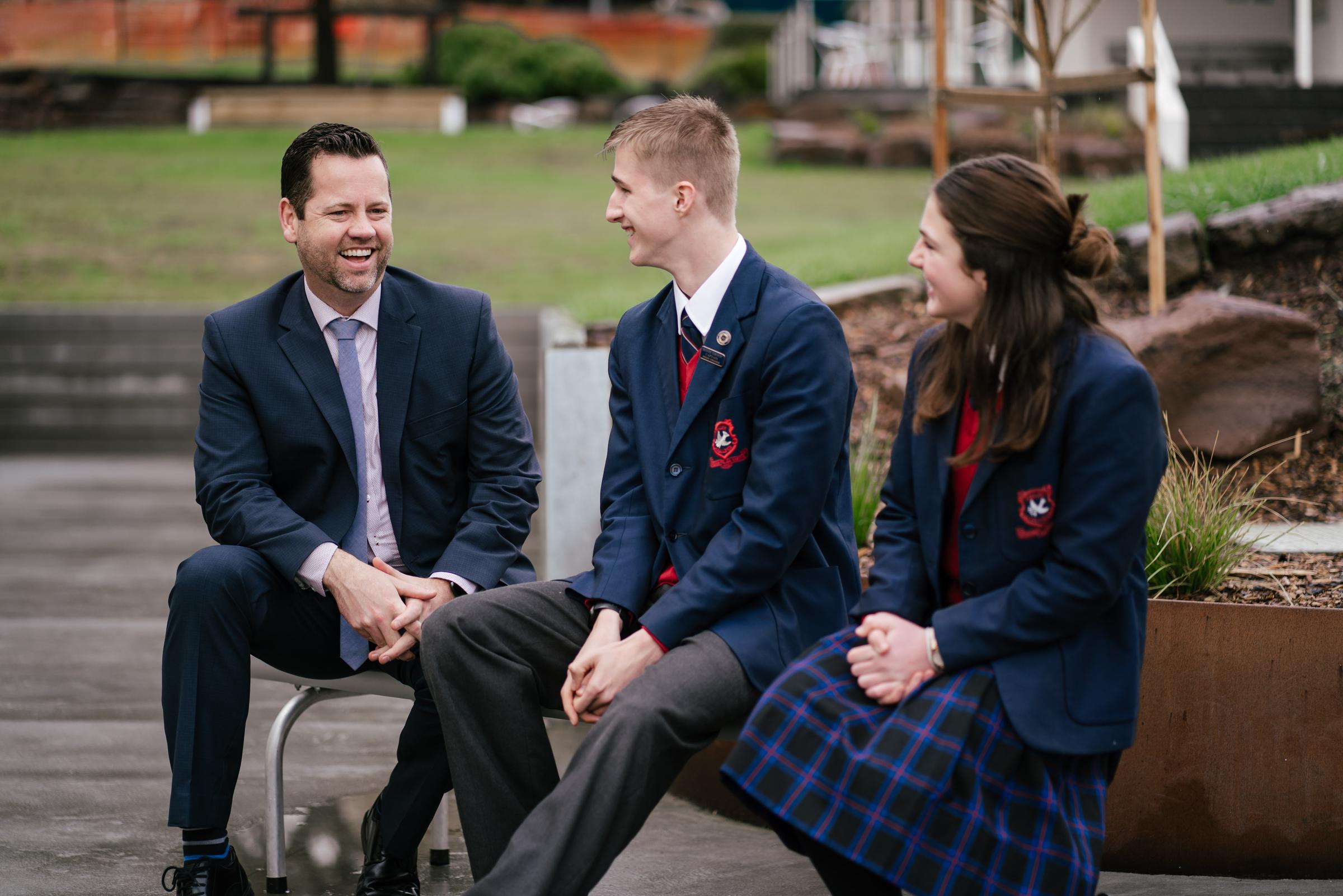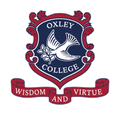Chaplain’s Corner

What Is Halloween Really About?
Each year on 31 October, Halloween rolls around—often marked by costumes, parties, and children collecting treats from neighbours. For many, it’s a light-hearted celebration filled with spooky fun. But beneath the surface of horror films and plastic skeletons lies a rich and complex history that’s worth exploring, especially as Halloween becomes more prominent in countries like Australia.
So, what are we actually celebrating? Where did Halloween come from?
Ancient Roots: Harvest, Fear, and the Spirit World
The end of October has long been significant for cultures in the Northern Hemisphere. It marked the close of the harvest season and the beginning of winter—a time when food was scarce and survival uncertain. For the ancient Celts of Ireland, Scotland, and parts of France, this transition was observed through a festival called Samhain (pronounced “sow-in”).
Samhain was considered a time, when the boundary between the physical world and the “spirit world” was at its thinnest. The Celts believed that on the night of 31 October, spirits could cross into our world. To protect themselves, people lit bonfires, wore disguises, and offered food to wandering spirits. These rituals were meant to honour ancestors and appease supernatural forces, but they were also rooted in fear: fear of death, of the unknown, and of the harsh winter ahead.
Some Celts even believed that spirits could abduct the living, which led to the practice of dressing up as ghosts or demons, to confuse the spirits and deter them. Fortune-telling and divination were also common, as people sought guidance for the uncertain months ahead.
A Contrast: The Biblical Feast of Tabernacles
Interestingly, around the same time of year, the Jewish people celebrated something quite different: the Feast of Tabernacles (or Sukkot). Instituted by God over 3,000 years ago, this week-long festival followed the harvest and involved families building temporary shelters—called sukkahs—out of branches and leaves. It was a joyful time of remembrance, celebrating God’s provision and protection during the Israelites’ journey through the wilderness.
Unlike Samhain, which was rooted in fear and superstition, the Feast of Tabernacles was a celebration of life, gratitude, and divine care.
From Pagan Ritual to Pop Culture
As Christianity spread through Europe, the Church sought to redirect pagan practices. In the 8th century, Pope Gregory III moved All Saints’ Day to 1 November, creating All Hallows’ Eve on 31 October—the precursor to Halloween. Over time, Christian and Celtic traditions blended, and Halloween evolved into a mix of sacred remembrance and seasonal festivity.
When Irish immigrants brought these customs to America in the 19th century, Halloween began to take on its modern form: costumes, trick-or-treating, and community gatherings. Today, it’s one of the most commercially celebrated holidays in the Western world.
A Thoughtful Reflection
While many enjoy the thrill of being scared—perhaps because of the adrenaline rush or the relief that follows—it's worth considering what we’re engaging with. Jesus said, “Do not be afraid” and “I have come that you may have life.” (John 10:10) These words remind us that fear isn’t something to be entertained lightly. When we immerse ourselves in horror and darkness, even playfully, it can sometimes leave us feeling unsettled or unsafe.
So perhaps this 31 October, instead of focusing on fear and death, may I encourage you to choose to celebrate life, light, and community. Whether through a family meal, a bonfire, or a moment of gratitude, we can reclaim the season as one of hope and connection.
I don’t know about you, however I will happily buy my children some treats, even have a few friends over, whilst discouraging them from walking the streets aimlessly or engaging with the dark themes of Halloween…
A Blessing for October 31st
May this season remind us that even as the days grow darker, light still shines .May we choose celebration over fear, and kindness over superstition. May our homes be places of peace, joy, and welcome. And may we remember that life—real, lasting life—is a gift from God, who walks with us through every season.
God bless,
Pastor Matt Daly
College Chaplain
